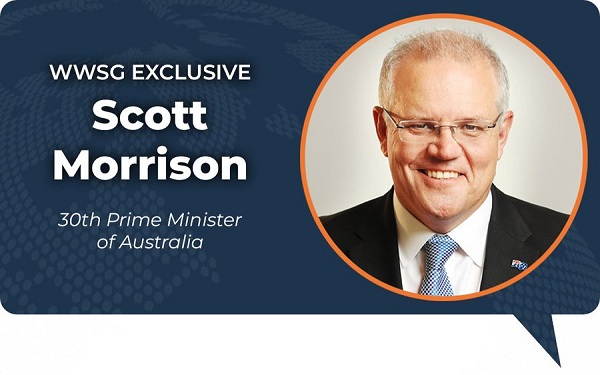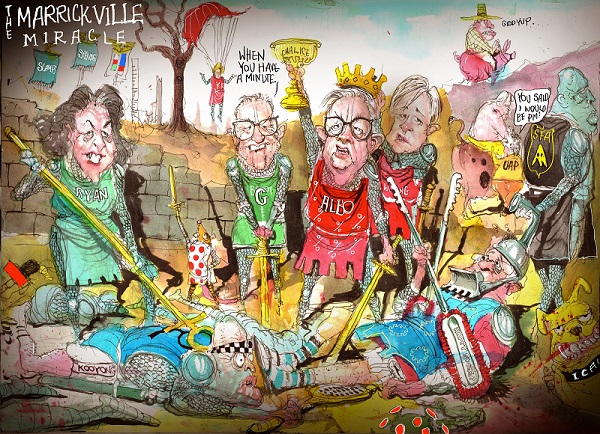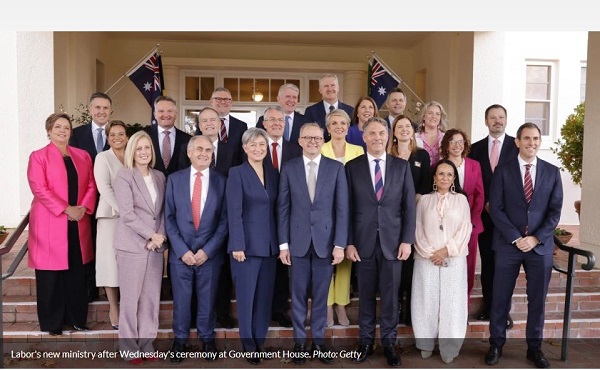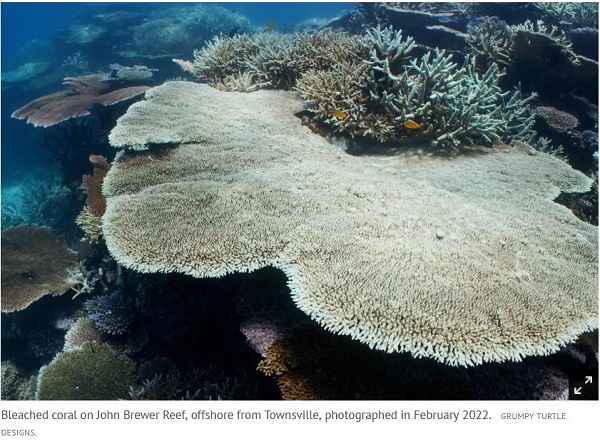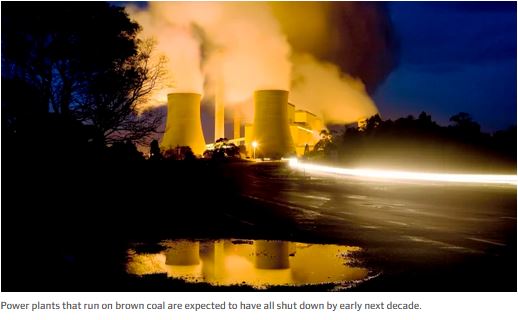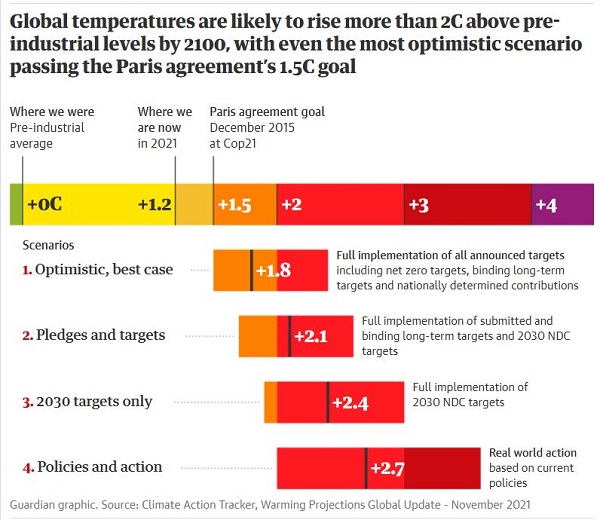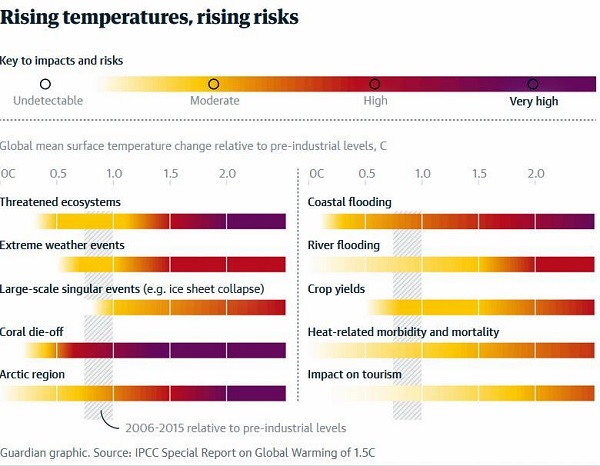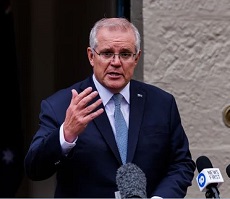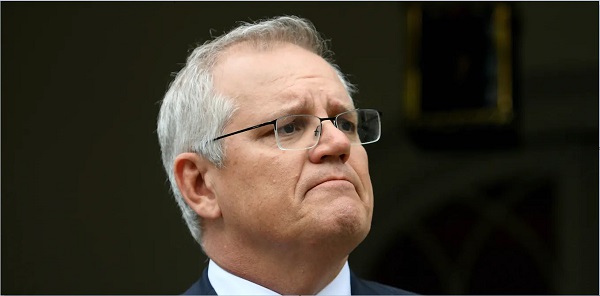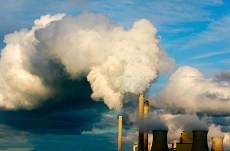I tried to post a long comment on COP27 this morning, but the system got indigestion, so I’ll do it this way. It’s not finished to my usual standard for published posts.
COP27 is priding itself on setting up a “loss and damage” fund. I’ll just point out that it has no funds yet, and has all the work ahead of it in setting up the mechanisms for getting and distributing funds. So they have actually set up a talkfest. And China is not part of it.
Julian Cribb provides a blunt assessment of COP27 in The world votes for “climate hell”:
-
Something of epochal importance happened in Egypt last week – the most significant event since Cheops shoved up his triangular monument, four thousand odd-years ago at the dawn of ‘civilisation’. But the world media, true to form, missed it almost completely. Continue reading COP27 failure (first cut)


